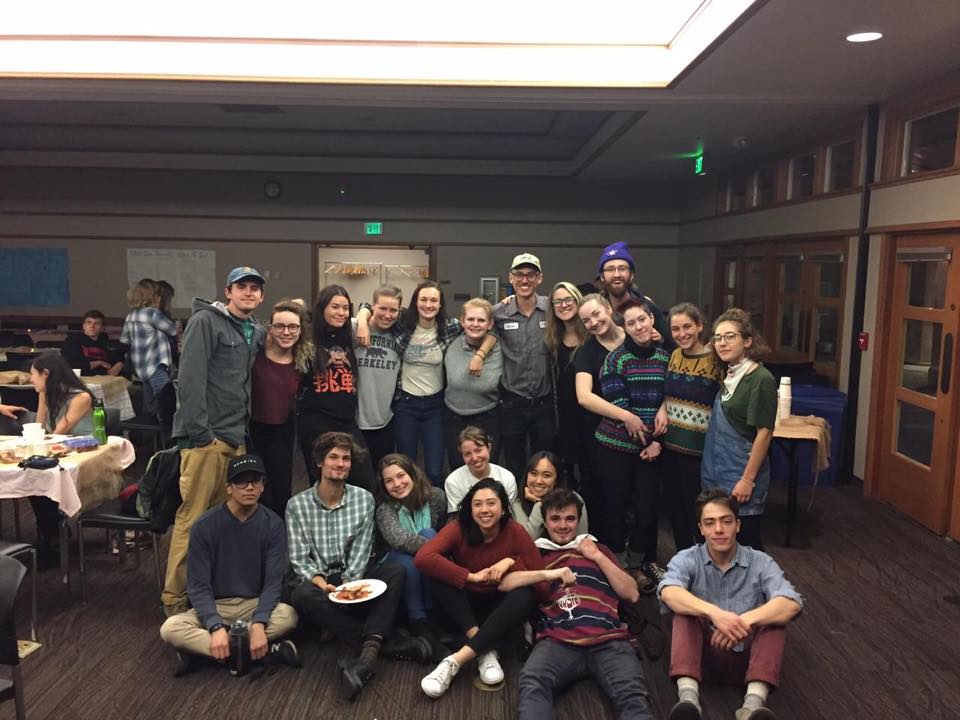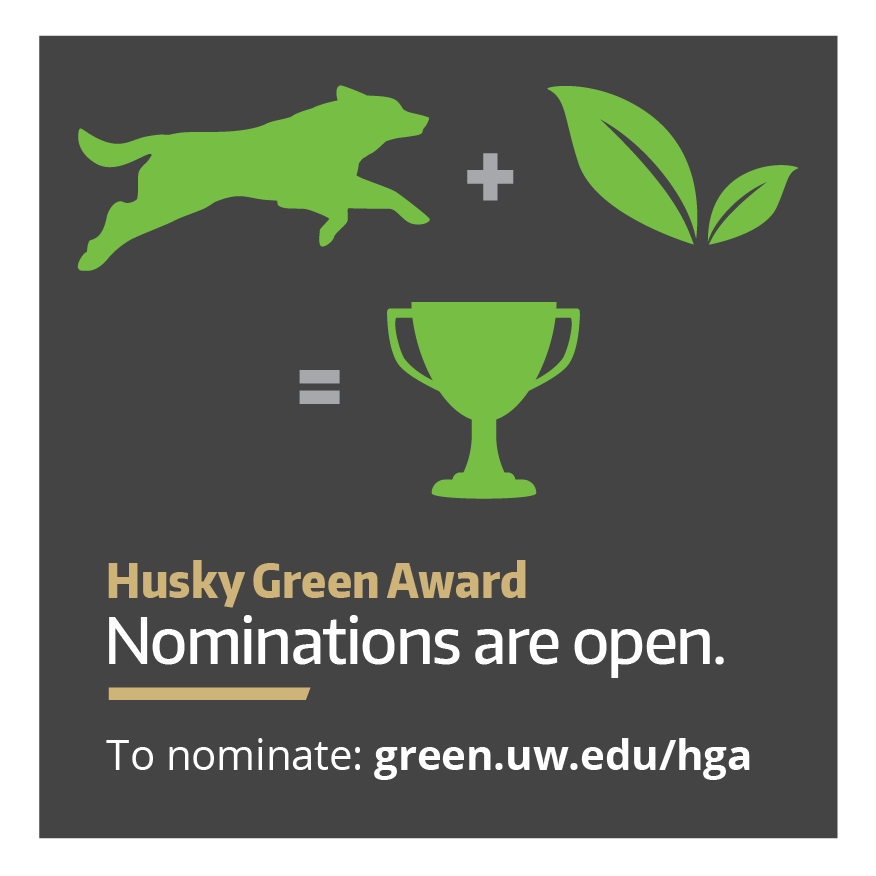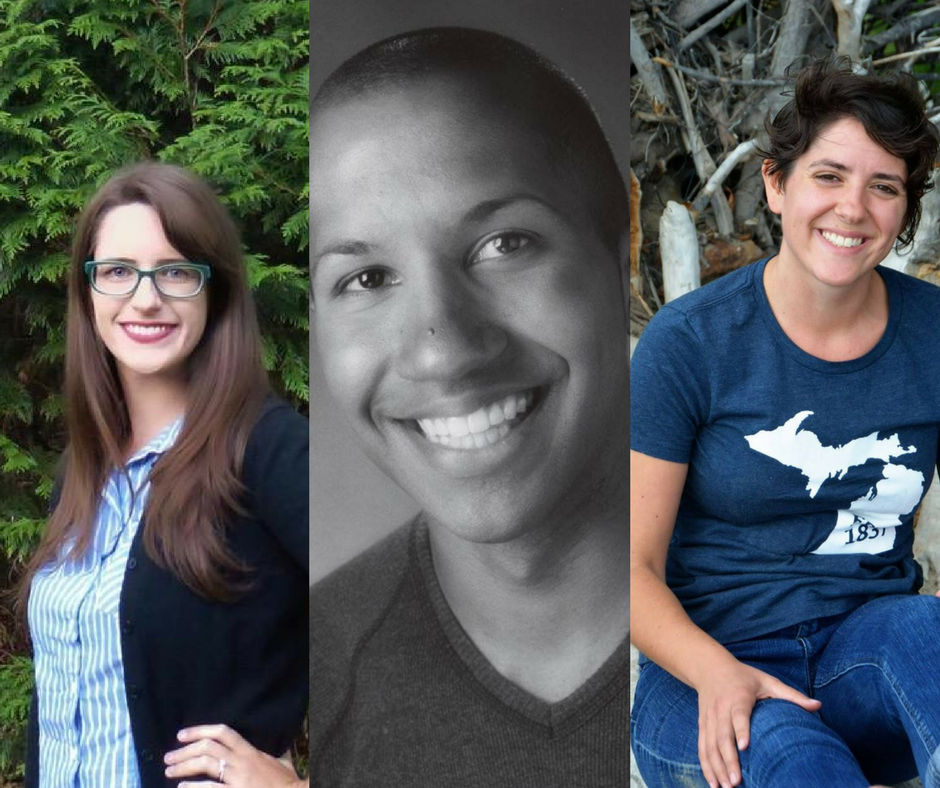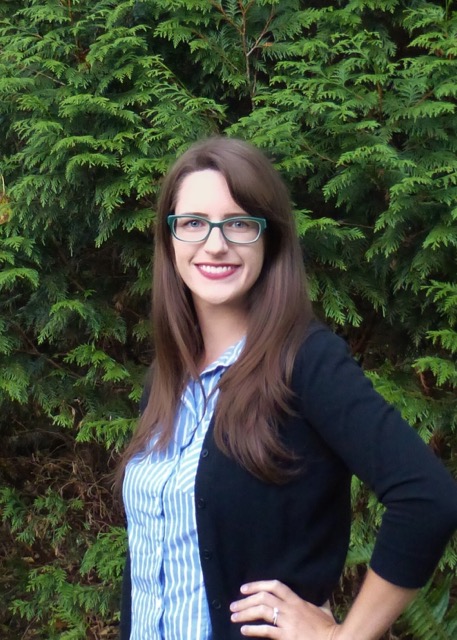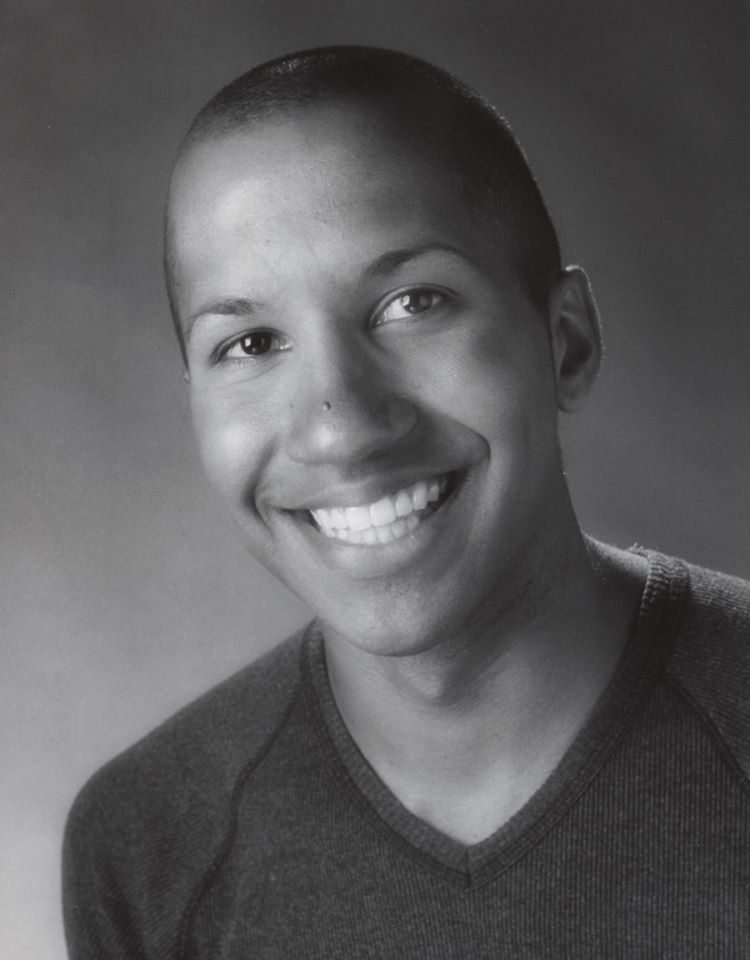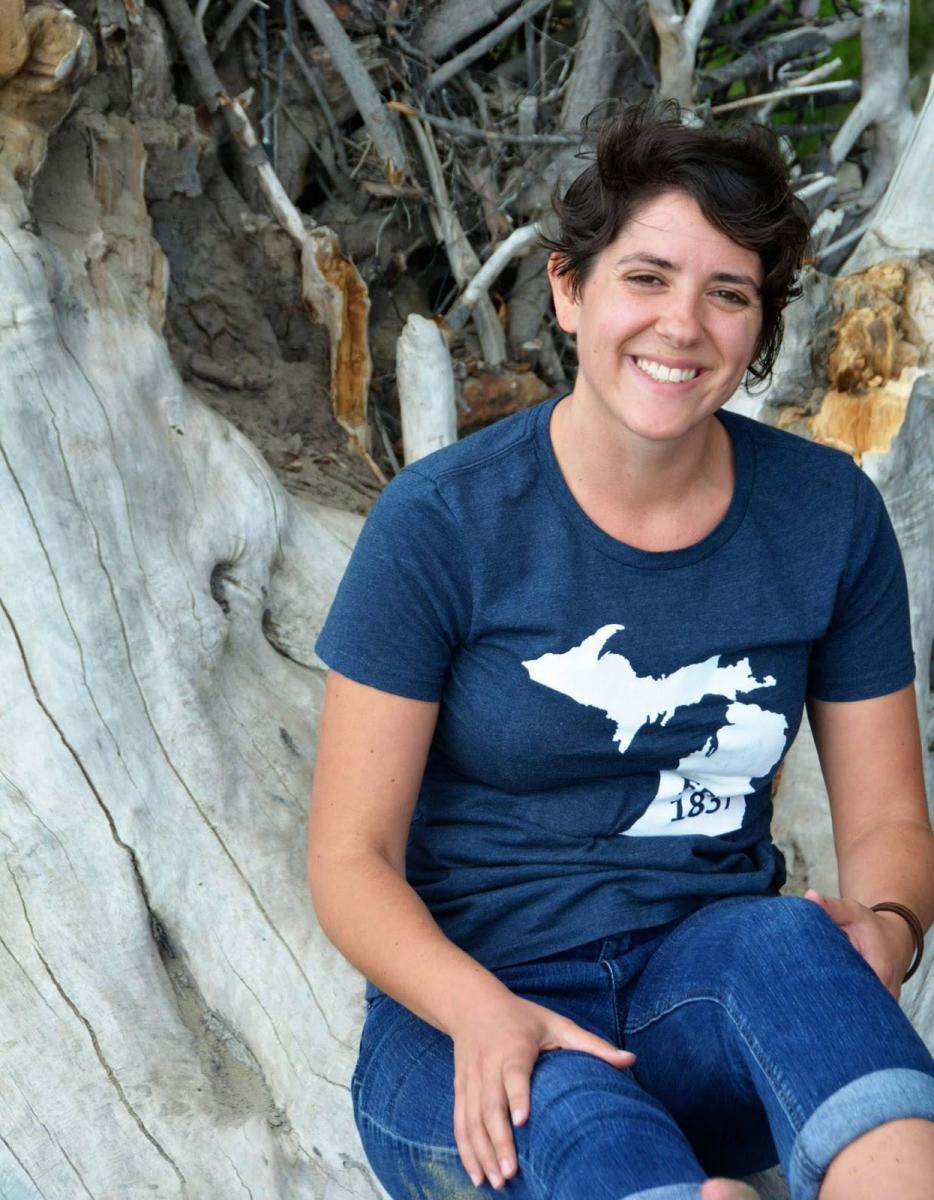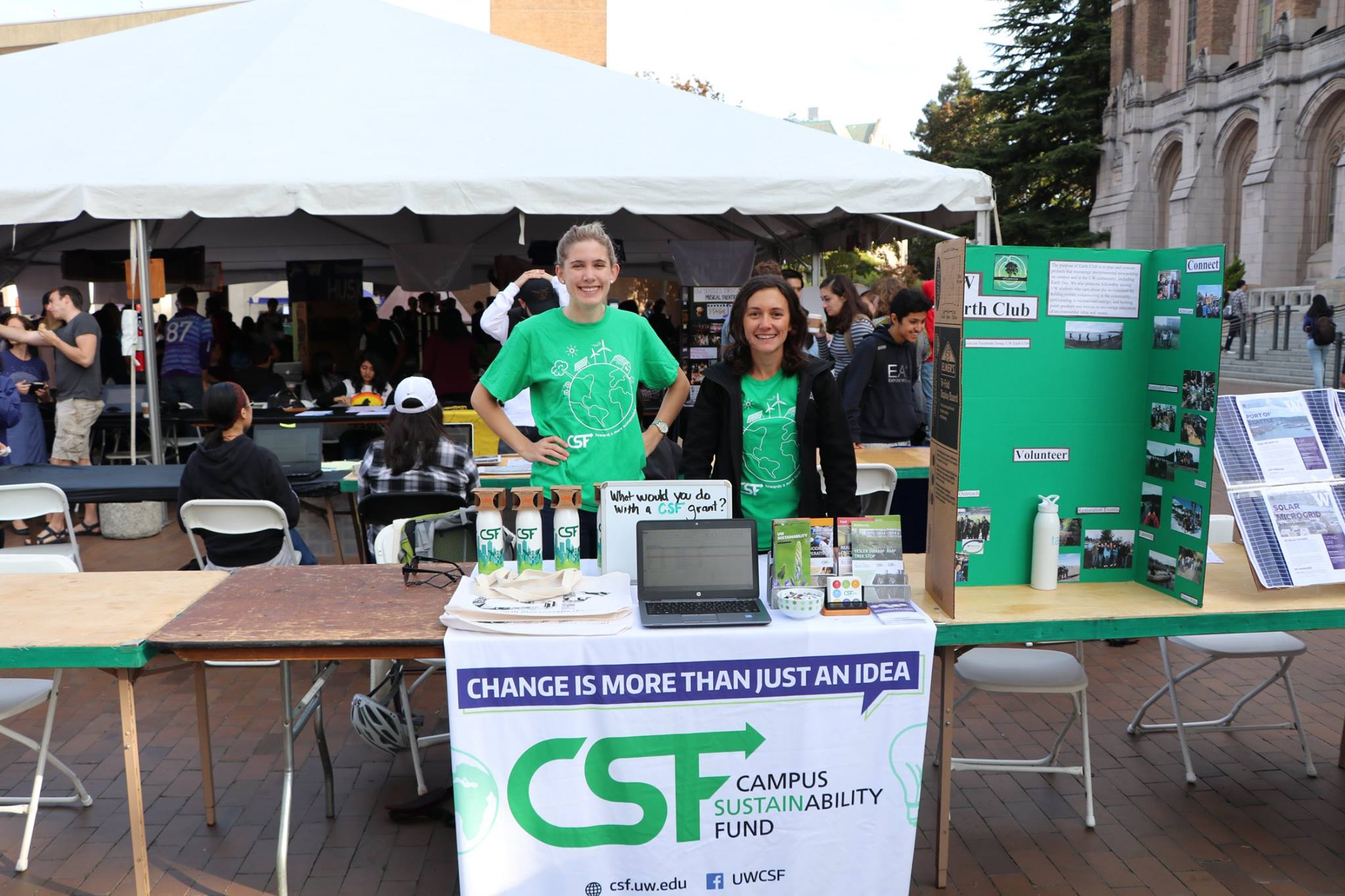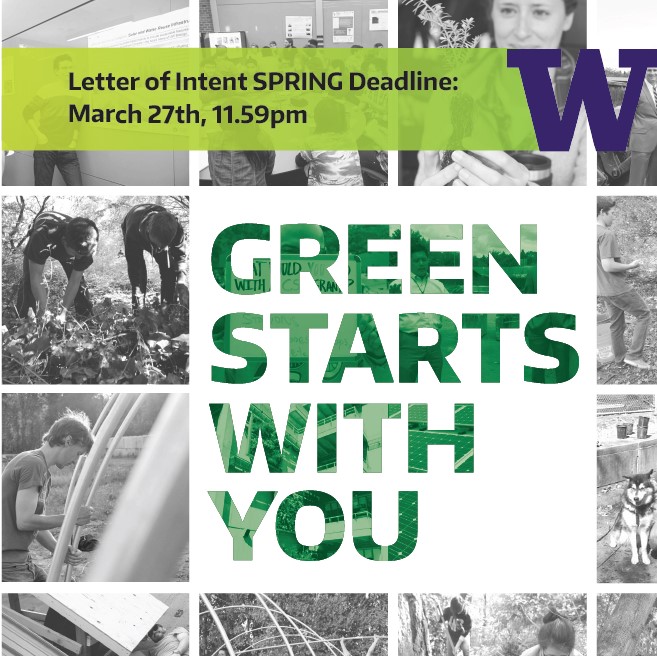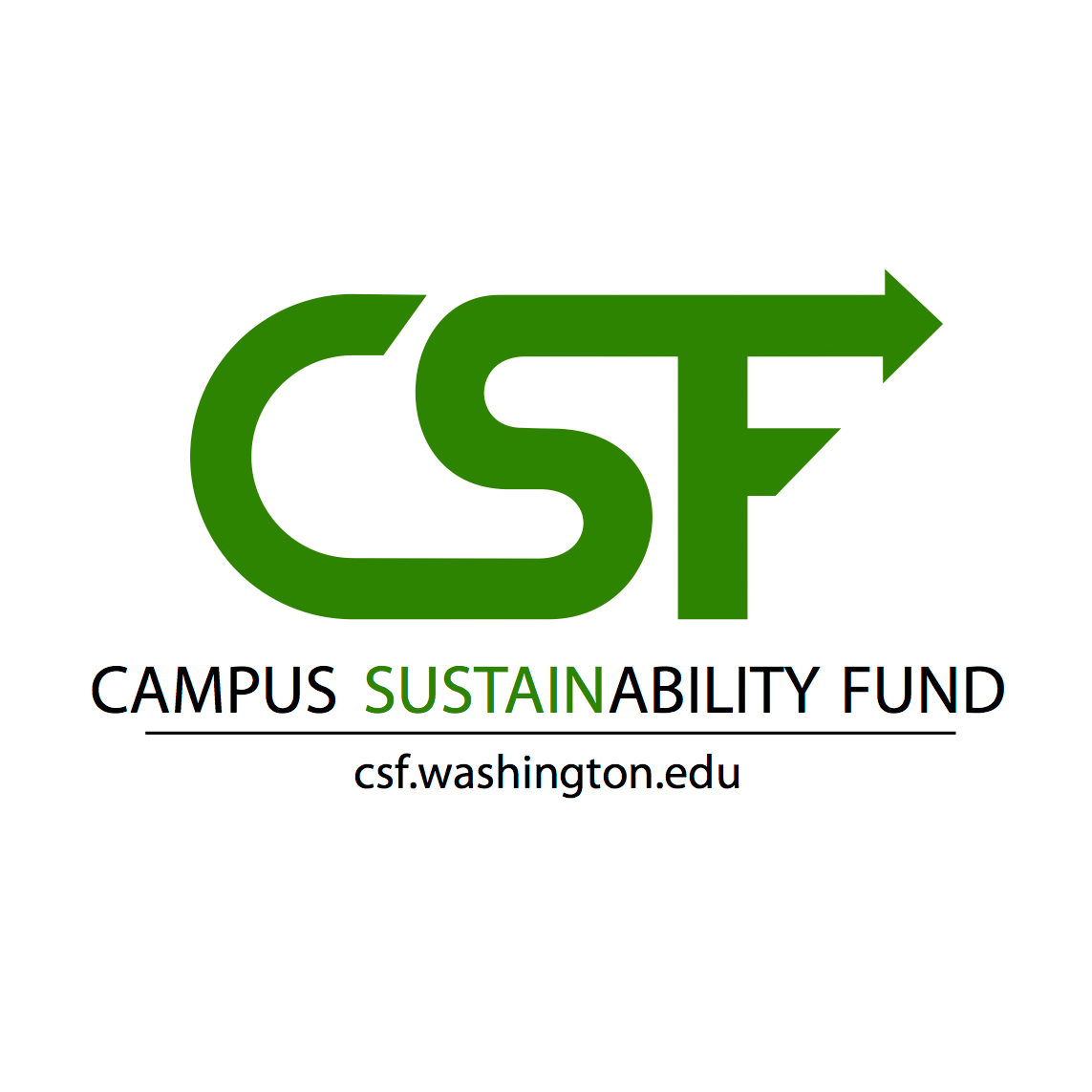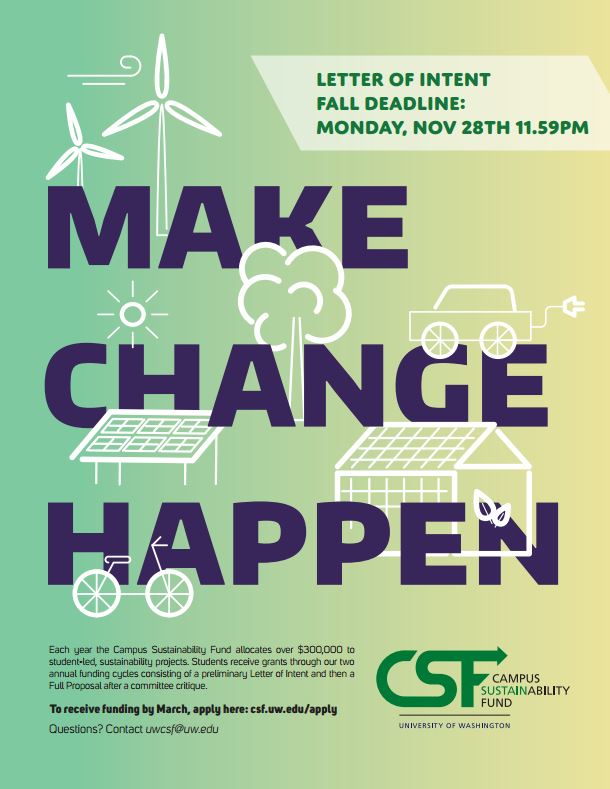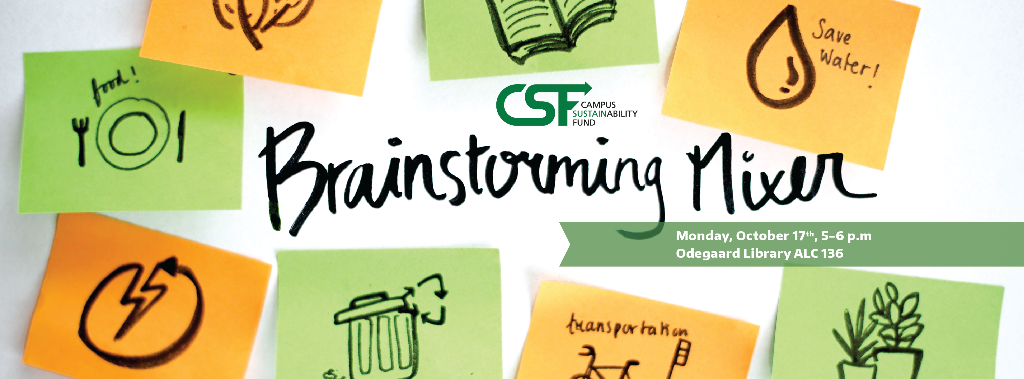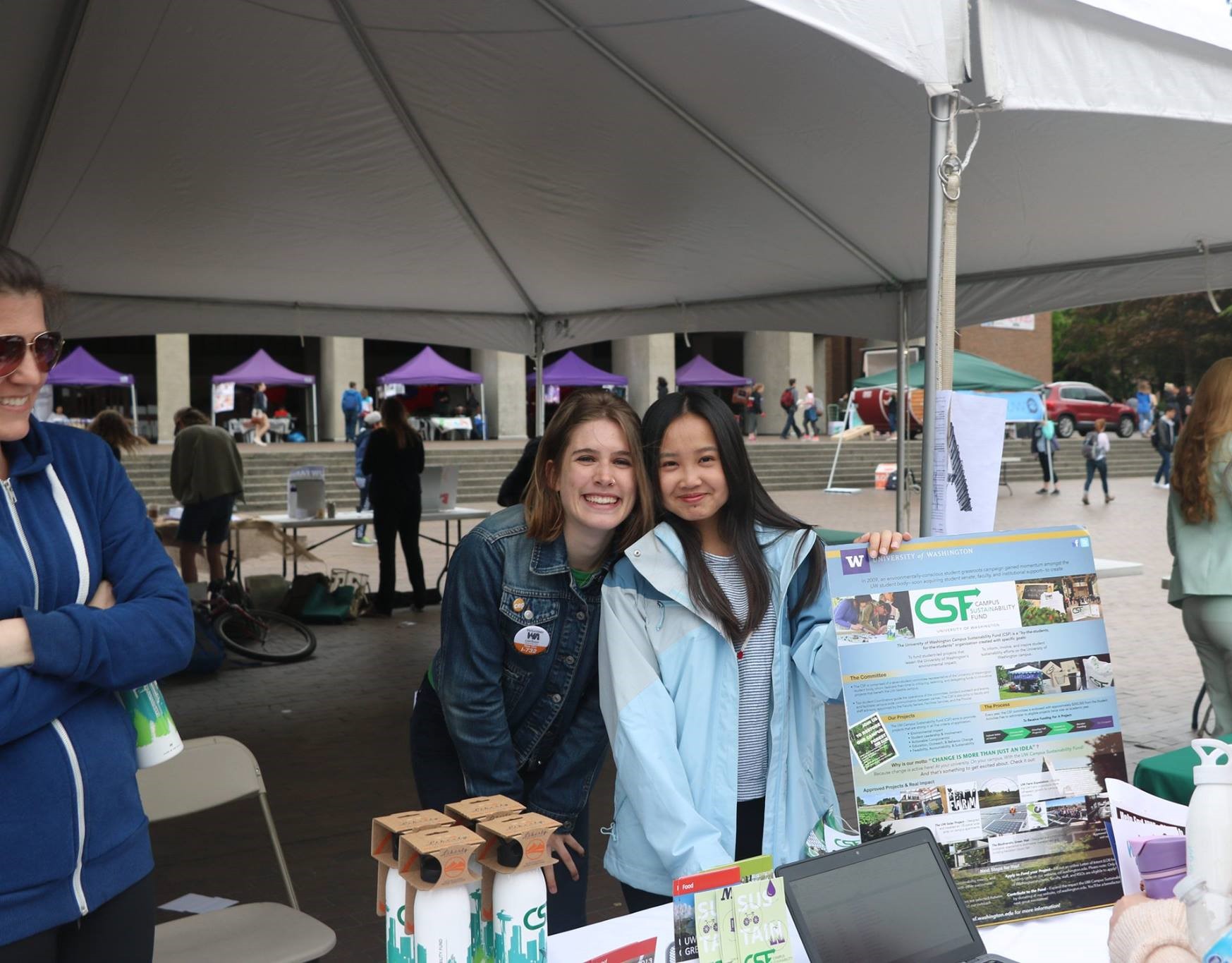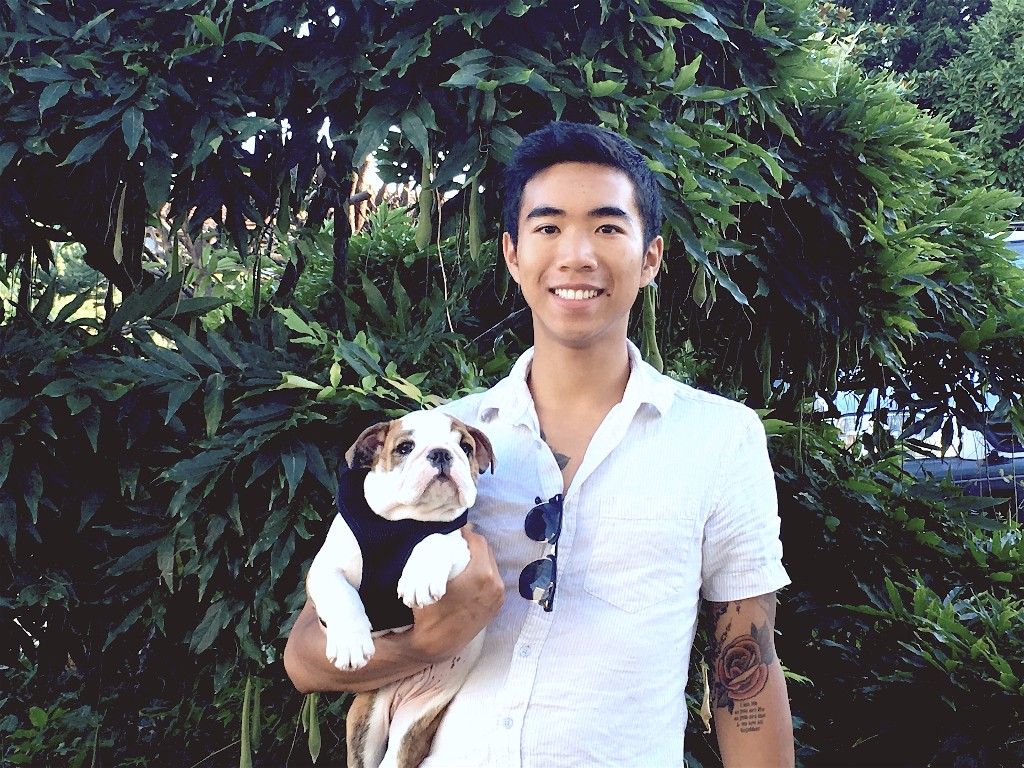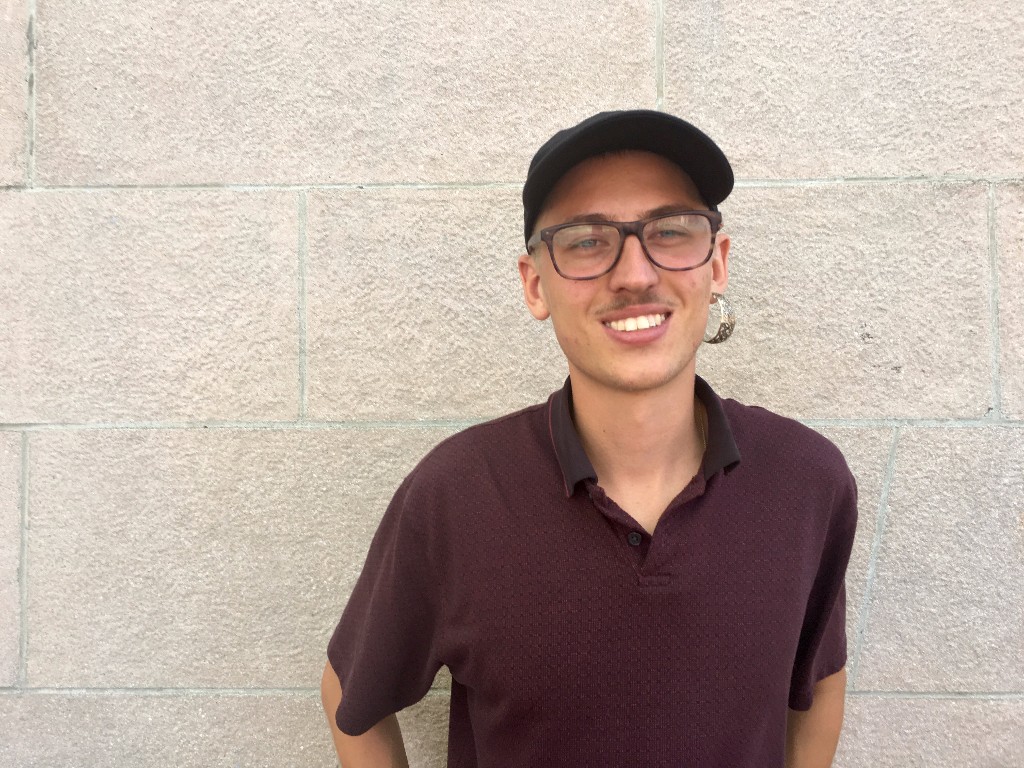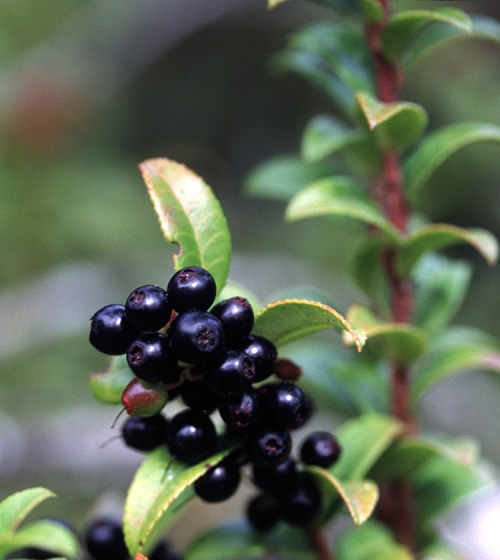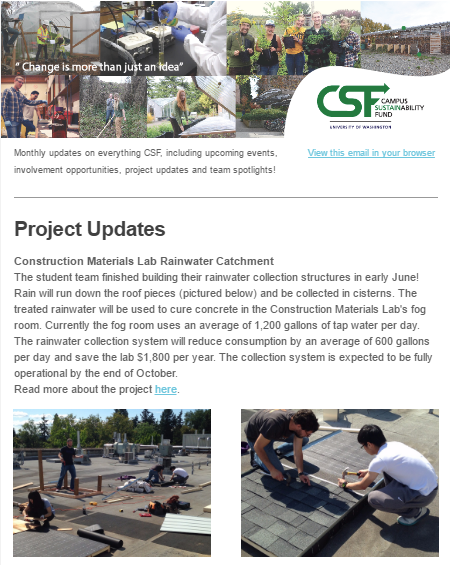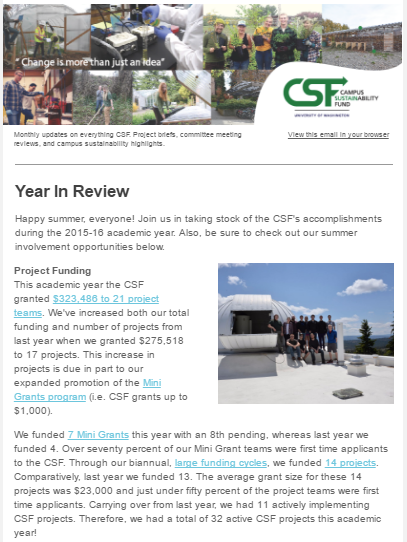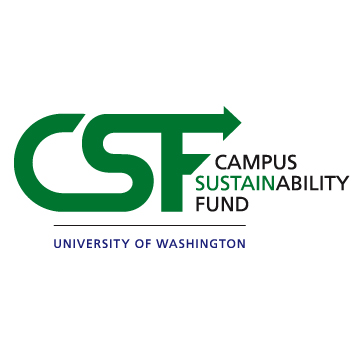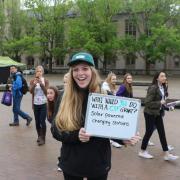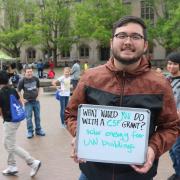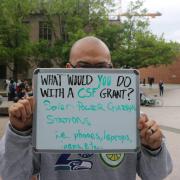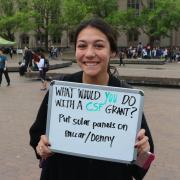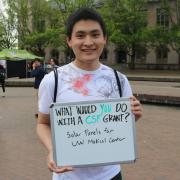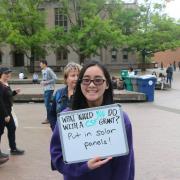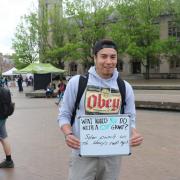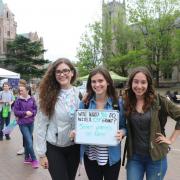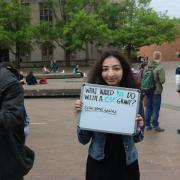Nearly 300 students worked on CSF projects or with the CSF Office last academic year! In the interest of highlighting these committed students, each month we will be interviewing select CSF project leads, volunteers, alumni, staff and committee members.
Kyle McDermott, CSF Coordinator

UW Graduation Year: 2018
Major: Master of Environmental Horticulture
Hometown: Tucson, Arizona
Favorite Outdoor Activity: Bicycling
What inspired you to get involved with the CSF?
"I’d worked diligently as an undergraduate researcher at Northern Arizona University to find alternatives to using toxic herbicides on campus lawns. The project was severely underfunded and I worked for over two years on a volunteer basis with a very small budget. Looking back, if I had access to something like the CSF, my project could have been more successful. My mission has since been to support sustainability projects on school campuses—the CSF does exactly this, so it’s great to be involved."
What is your favorite CSF project?
"Education is important for instilling environmental practices amongst our community members. For this reason, I’m fond of the Education and Outreach project at the UW Farm. The project’s reach is impressive, involving Education majors, and elementary-age students from the Seattle area. It’s great to see the CSF facilitate a program that not only has a positive impact on UW’s campus, but the greater Seattle community."
What do you view as your greatest responsibility as the CSF Coordinator?
"Making sure that current and prospective projects are adequately supported. Additionally, since all UW students are helping to support the CSF through the Student Activity Fee (SAF), I feel inclined to grow our reach amongst diverse disciplines, individuals, and groups on campus."
What is your dream job?
"I love working with kids and the community. I grew up in a more impoverished and culturally diverse part of Tucson. I’d like to give back to our communities most in need. Environmental and food justice is important to me—providing folks with fresh and organic meals and access to nature and healthy ways of living. Being an integral part of an organization that does this type of work would be both exciting and gratifying."
An Huynh, Outreach Coordinator Alumni

UW Graduation Year: 2015
Major: Community, Environment and Planning
Minor: Environmental Science and Resource Management
Hometown: Bothell, Washington
Favorite Outdoor Activity: Biking and Hammocking
What is your favorite CSF project?
"Hmm... hard to say. There are many favorites for many different reasons. I love it in general when projects are interdisciplinary, communicative, and are able to change and evolve over time... The greatest thing is seeing a project making an impact, no matter if they were awarded $1,000 or $100,000."
What is your current job?
"I am currently the Public Space & Community Coordinator at SCIDpda (the Seattle Chinatown/International District Preservation Development Authority). We work on community and economic development projects in the C/ID which includes Chinatown, Little Saigon, and Japantown. I mainly work on public realm projects in Little Saigon and facade improvements with individual businesses in Chinatown. Right now it's mainly coordinating a future parklet and park site, decorative crosswalks, and advocating for the neighborhood in general in discussions involving streetscape changes."
How did working with the CSF impact your career path?
"CSF gave me a lot of the transferable skills that have translated to my current role. Thinking holistically and individualistically about projects and how they work together, public speaking,event planning, relationship building are a few of the things I've taken away. I was also exposed to the power of student-based/community-based work, and that's something I definitely get to see and think about now."
What is you dream job?
"Are dream jobs ok? Something between and urban planner and international development-er. Also photojournalist, reporter, and hip-hop dance crew member."
Dan Hintz, Project Lead

UW Graduation Year: 2016
Major: Master of Environmental Horticulture
Hometown: Glen Ellyn, Illinois
Favorite Outdoor Activity: Downhill skiing
What CSF project are you working on?
"The Kincaid Ravine Restoration project. We are trying to restore a neglected, 4 acre open space on campus into a healthy urban forest that provides ecological benefits and opportunities for education and respite."
What has been your greatest challenge and reward in implementing your project?
"Restoration is a very slow process, takes a lot of coordination and results can be slow to come by. However, through partnerships with CSF, non-profits like EarthCorps and Stewardship Partners, and myriad student groups, professors and UW administrators, the positive changes at KR over the past 3 years are undeniable. While there is still much work to be done, you can already see much more plant diversity, wildlife and there are even small trails and interpretive areas with benches at the ravine now."
What advice would you give to students interested in the CSF?
"Don’t hesitate and be creative! There are so many ways to make UW a more sustainable and healthy campus and CSF is a great mechanism to make that happen, but you have to have an idea or passion and run with it. CSF staff is very approachable and talking to them during the grant process is also helpful. Not only can you initiate a project for the benefit of the UW community, but you can also learn many valuable skills in the process."
What is you dream job?
"Since I don’t think I will be a professional musician or basketball player anytime soon, I am pretty thrilled to have secured a job as a Restoration Specialist with the Mountains to Sound Greenway right after graduating with my master’s degree back in June."
